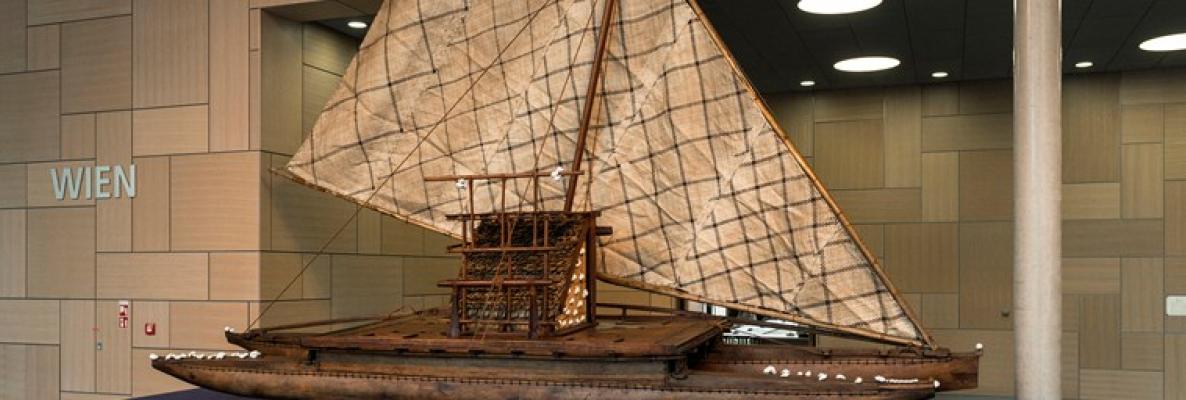COP 23 was the first COP presided over by a small island – a country that has agreed to welcome displaced people from other islands when they become unliveable due to climate change. This generous spirit, the belief that we all paddle the one canoe, and a determination to shape an inclusive process, were the hall marks of the Fijian Presidency. Fiji gave unprecedented leadership on issues of human rights and gender equality which contributed to solid outcomes in the form of the UNFCCC’s first Gender Action Plan and the first Local Communities and Indigenous People’s Platform. COP23 was a technical COP, but Fiji played their part in making it a people-centred COP, as seen through these outcomes and this is their legacy. They will continue to lead the Talanoa Dialogue next year, carrying their Bula spirit into discussions on ways to increase the urgency and ambition of climate action to meet the 1.5oC goal.
But the COP also leaves me slightly uncomfortable. We can only deliver effective and fair decisions from international negotiations if those decisions are negotiated with the full participation of all stakeholders. The sheer complexity of the negotiations with multiple streams of work, places small delegations and delegations with less capacity at a disadvantage. The LDC group expressed concern in the second week about the fairness, inclusivity and transparency of the process as they were unable to engage adequately across all agenda items. The closing of civil society space further compounds my concerns. This manifests itself in the negotiation rooms being closed to observers. The geographical divide between the climate action or Bonn Zone for non-state actors, and the Bula Zone where Parties negotiate, was symbolic of the increasing divide between states and non-state actors. If we are to leave no one behind and no country behind, as we make a just transition to zero carbon by 2050, we have to make sure that the right to participation in decision making is respected and fulfilled.
The highlight of the COP for me was the clarity, urgency and humanity that grassroots and indigenous people brought to the COP. The value of their participation in Talanoas, side events and high level panels ensured the voices of frontline communities were heard by negotiators, Ministers and even Heads of State and Government. I believe that if we can open up the COP, make it more transparent and accountable to the people it serves, the urgency of action, quality of decisions and impact of outcomes would increase. Fiji’s Bula spirit made a crack in the walls of the COP which reminded me of the words of Leonard Cohen; “There is a crack, a crack in everything, That’s how the light gets in.”
ENDS


